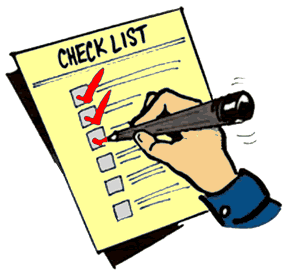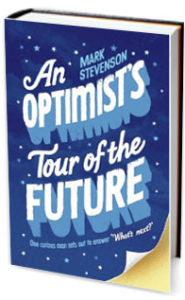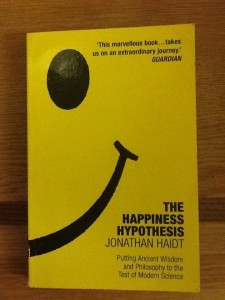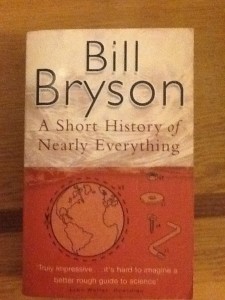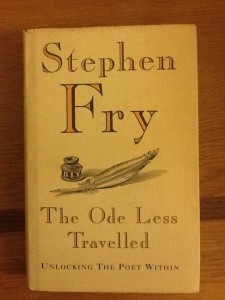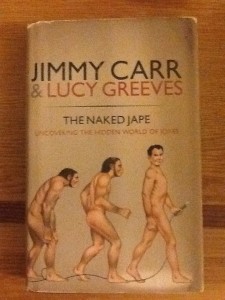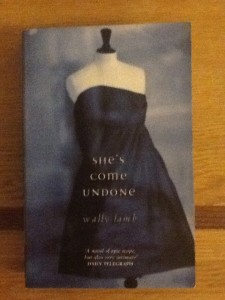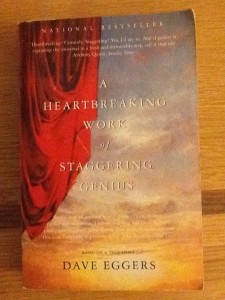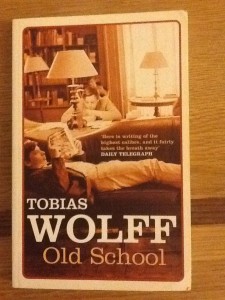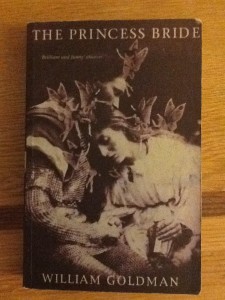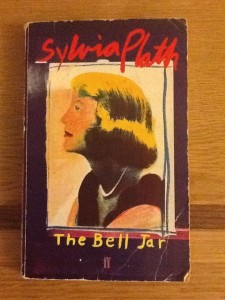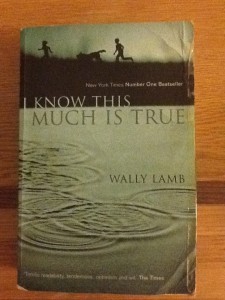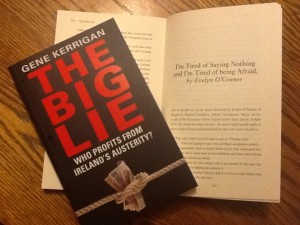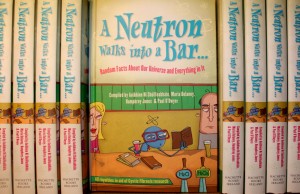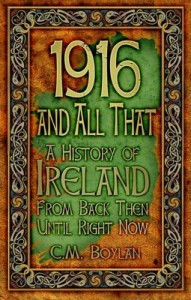 Macbeth is a fascinating character not least because of the soliloquies. I guess you could say that what’s truly tragic about Macbeth is the gulf between his behaviour (which is awful) and his personality. He is flawed, yes, but he is also human: full of ambition, plagued by conflicting emotions, eager to please the woman he loves, terrified of his inability to control events as they spin out of his control. Thus he lashes out at everyone, alienates his wife, loses her to her madness and despair and ultimately finds himself utterly alone having lost everything yet he is unable or unwilling to surrender or admit defeat and so instead he fights to the bitter end.
Macbeth is a fascinating character not least because of the soliloquies. I guess you could say that what’s truly tragic about Macbeth is the gulf between his behaviour (which is awful) and his personality. He is flawed, yes, but he is also human: full of ambition, plagued by conflicting emotions, eager to please the woman he loves, terrified of his inability to control events as they spin out of his control. Thus he lashes out at everyone, alienates his wife, loses her to her madness and despair and ultimately finds himself utterly alone having lost everything yet he is unable or unwilling to surrender or admit defeat and so instead he fights to the bitter end.
The purpose of any soliloquy is to reveal more about the
- thoughts,
- feelings,
- personality
- mindset and
- motivations of the central character(s).
In the case of Macbeth, without the soliloquies we would have little if any sympathy for him and would view him merely as a bloody villain whose behaviour is unforgiveable. Despite having a loving wife, the respect and admiration of his peers and significant rewards for his bravery on the battlefield, Macbeth decides to commit the ultimate crime of regicide and to seize the throne for himself.
So if we weren’t aware of the moral and emotional turmoil going on inside his heart and soul, if we didn’t know that he was full of misgivings before the murder of Duncan and immediately remorseful afterwards; if we did not witness the scorpions in his mind and ultimately the point of suicidal despair he reaches following his wife’s death we would not see the point of this play. In fact we would probably cheer for the forces of good as Macbeth’s bloody tyrannical reign is brought to an end.
NOTE: The soliloquies are particularly important after the banquet scene once he stops confiding in his wife because without his conversations with her, the soliloquies are the only thing left offering us an insight into his thoughts, feelings and motivations.
Bearing all of this in mind, in the case of each soliloquy you could do the following:
CONTEXTUALISE – when is it delivered? What happens immediately beforehand? Does this prompt the ‘outburst’ of the soliloquy?
ANALYSE – what exactly is revealed from what the character says in each soliloquy? In the case of Macbeth we see that he is:
(a) initially acutely aware of the difference between right and wrong and determined to listen to his conscience.
(b) halluncinating daggers
(c) paranoid and fearful that Banquo will destroy him
(d) impulsive and perhaps not entirely sane when he decides to kill Macduff’s wife and children
(e) realistic about his imminent death and how hated he is by his subjects
(f) convinced that life is utterly meaningless
PERSONALISE
Can you identify the effect of Macbeth’s soliloquies on the audience? Most obviously, they allow us to identify with him despite the fact that he is an antihero. Secondly they give us an insight into his thoughts and motivations and thus allow us to understand him on a deep level. Finally, they should frighten us – how can an essentially good man be so completely and utterly transformed into a bloody tyrant? Is it possible we would behave in a similar way to cover up a terrible crime we had committed?
List of Macbeth’s Soliloquies
First soliloquy = Act 1, scene 3 “Why do I yield to that suggestion...”
Soliloquy 2 = Act 1, scene 7 “He’s here in double trust”
Soliloquy 3 = Act 2, scene 1 “Is this a dagger which I see before me?”
Soliloquy 4 = Act 3, scene 1 “To be thus is nothing but to be safely thus“
Soliloquy 5 = Act 4, scene 1 “From this moment the very firstlings of my heart shall be the firstlings of my hand”
Soliloquy 6 = Act 5, scene 3 “That which should accompany old age as honour love obedience troops of friends I must not look to have”
Soliloquy 7 = Act 5, scene 5 “Out out brief candle. Life’s but a walking shadow…”
For each soliloquy try to figure out the following:
Immediately before =
Immediately after =
Meaning =
Most important quote =
Psychological state =
Audience reaction (opinion) =
You could also go on youtube and look for performances of each soliloquy and if you click on this link http://nfs.sparknotes.com/macbeth/page_10.html you’ll find modern translations side by side with the original Shakespearean language. You can search by scene so you can just look at the soliloquies if you want to…
By the way, you don’t have to discuss EVERY soliloquy if a question comes up on soliloquies in the exam – you could look at three or four in greater detail rather than skimming over all of them. Remember, the examiner is rewarding you for what you DO say that’s relevant to the question and well written NOT punishing you for leaving things out. In fact, in order to write a coherent answer you will HAVE to leave out the vast majority of things you know about the play and ONLY discuss those things which are relevant to the question asked. This applies to every question not just this one!


